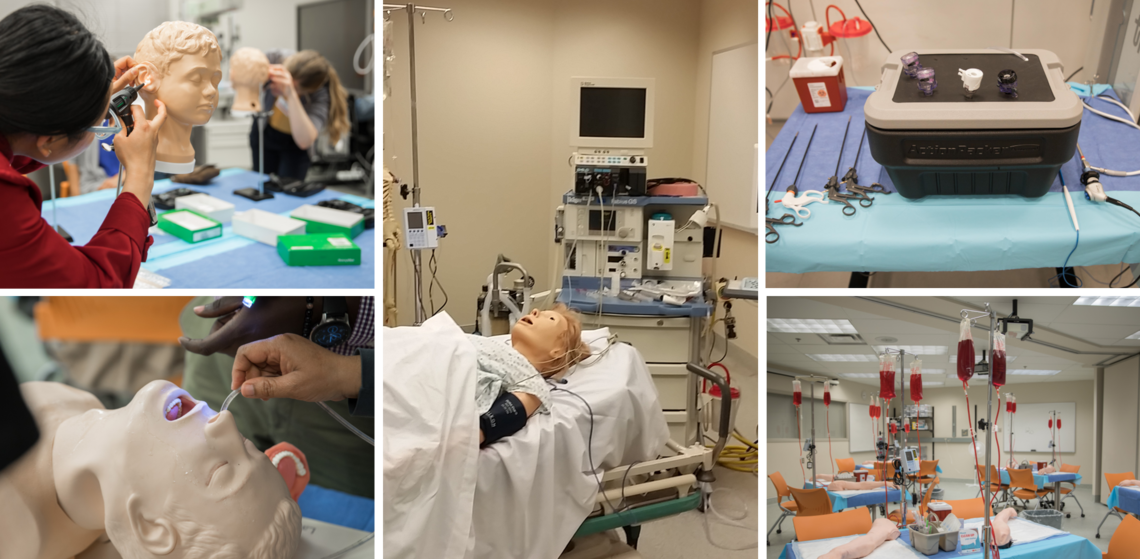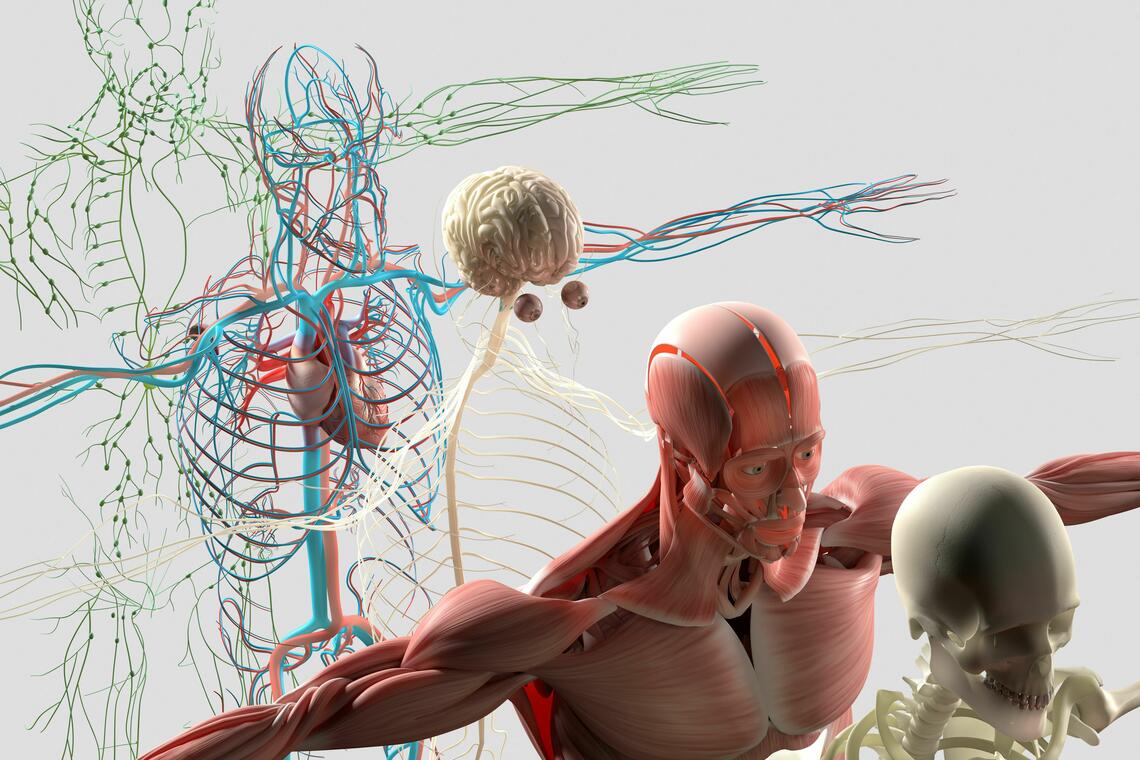
Facilitator Education Training in Simulation - FacETS
ATSSL FACETS Course Overview
The Facilitator Education Training in Simulation (FACETS) course is designed to equip healthcare providers and educators with the specialized skills needed to facilitate simulation-based education effectively. Grounded in medical education theory, this customized training enhances the simulation experience in postgraduate medical education (PGME) and continuing professional development (CPD) programs.
Course Highlights
FACETS introduces participants to the foundational principles of simulation-based education while offering project-specific programming and consultation. To maximize in-person workshop time, participants are encouraged to complete a theoretical foundations course, such as ASSET or , beforehand. This preparation allows the workshop to focus on applying theoretical principles to real-world projects.
The training covers all aspects of simulation-based curriculum development, including:
- Conducting needs assessments.
- Developing clear objectives.
- Selecting optimal educational strategies.
- Implementation and curricular evaluation.
The workshop emphasizes hands-on practice of key facilitation techniques, including:
- Pre-briefing.
- Guiding scenario or skills station progression.
- Providing effective learner feedback and debriefing.
A central focus is creating and maintaining a psychologically safe learning environment where participants can perform "at the edge of their expertise," with constructive reinforcement of strengths and identification of blind spots.
Objectives:
By participating in the FACETS course, learners will:
- Enhance the quality of simulation-based medical education in PGME.
- Design, develop, facilitate, and evaluate simulation scenarios and sessions.
- Practice providing debriefing feedback to support the transfer of learning to real-life applications.
- Utilize the DASH tool to improve assessment and feedback processes.
- Integrate simulation activities to promote patient safety through educational interventions.
Requirements:
- Association with an UCalgary PGME or CPD program
- 8-12 learners committed to attend 8-16 hours of scheduled in-person instruction











